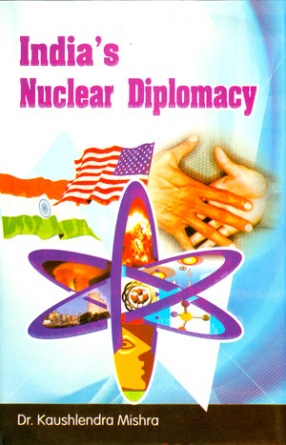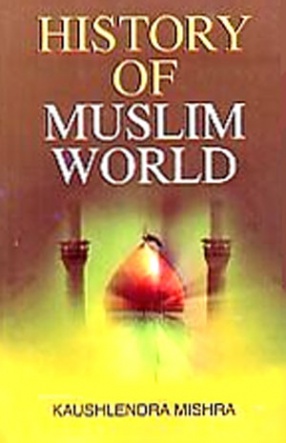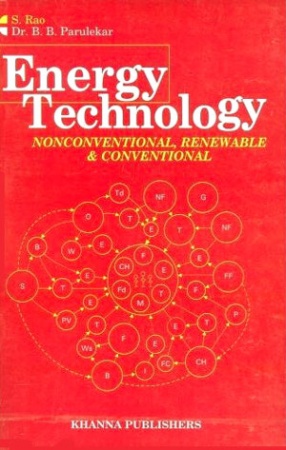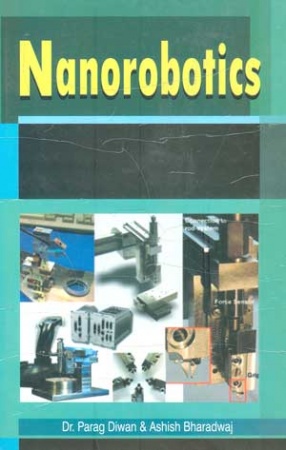India's Nuclear Diplomacy
Synopsis
Nuclear Power is in the news these days in a new incarnation – as an environmental sustainable source of electricity. For example, the recent ‘Declaration by India and France on the Development of Nuclear Energy for Peaceful Purposes’, signed in February 2006, begins with the “recognition” that “nuclear energy provides a safe, environment-friendly and sustainable source of energy”. The sheer audaciousness of terming a technology that was responsible for perhaps the most destructive industrial accident ever – the Chemobyl explosion of April 1986 – safe, cannot but cast doubt on the rest of those contentions. And yet, by being repeated time and again, such claims do begin to resonate with the public and gain acceptance. Nuclear energy higher than those of alternatives sources of generating electricity.
Nuclear energy requires and will lock the country into a centralized distribution system for many decades, and hinder the development of distributed energy-generation technologies that are rapidly emerging as important sources of electricity. The signal offered by nuclear programmes that what is needed to tackle climate change is just a major technological fix undermines energy efficiency imperatives.
Increased nuclear capacity would also mean that the Department of Atomic Energy (DAE) would gain institutional clout, further boosting its ability to shape India’s nuclear policy. Many in the DAE are quite aware that their clout comes more from the ability to produce nuclear weapons rather than nuclear energy. So nuclear disarmament, despite routine lip service to the ideal of global abolition, is not in their vested interests.
Read more
Nuclear energy requires and will lock the country into a centralized distribution system for many decades, and hinder the development of distributed energy-generation technologies that are rapidly emerging as important sources of electricity. The signal offered by nuclear programmes that what is needed to tackle climate change is just a major technological fix undermines energy efficiency imperatives.
Increased nuclear capacity would also mean that the Department of Atomic Energy (DAE) would gain institutional clout, further boosting its ability to shape India’s nuclear policy. Many in the DAE are quite aware that their clout comes more from the ability to produce nuclear weapons rather than nuclear energy. So nuclear disarmament, despite routine lip service to the ideal of global abolition, is not in their vested interests.
47.70
42.93
$
53.00 $
Free delivery Wolrdwidе in 10-18 days
Ships in 1-2 days from New Delhi
Membership for 1 Year $35.00
Get it now and save 10%
Get it now and save 10%
BECOME A MEMBER










Bibliographic information